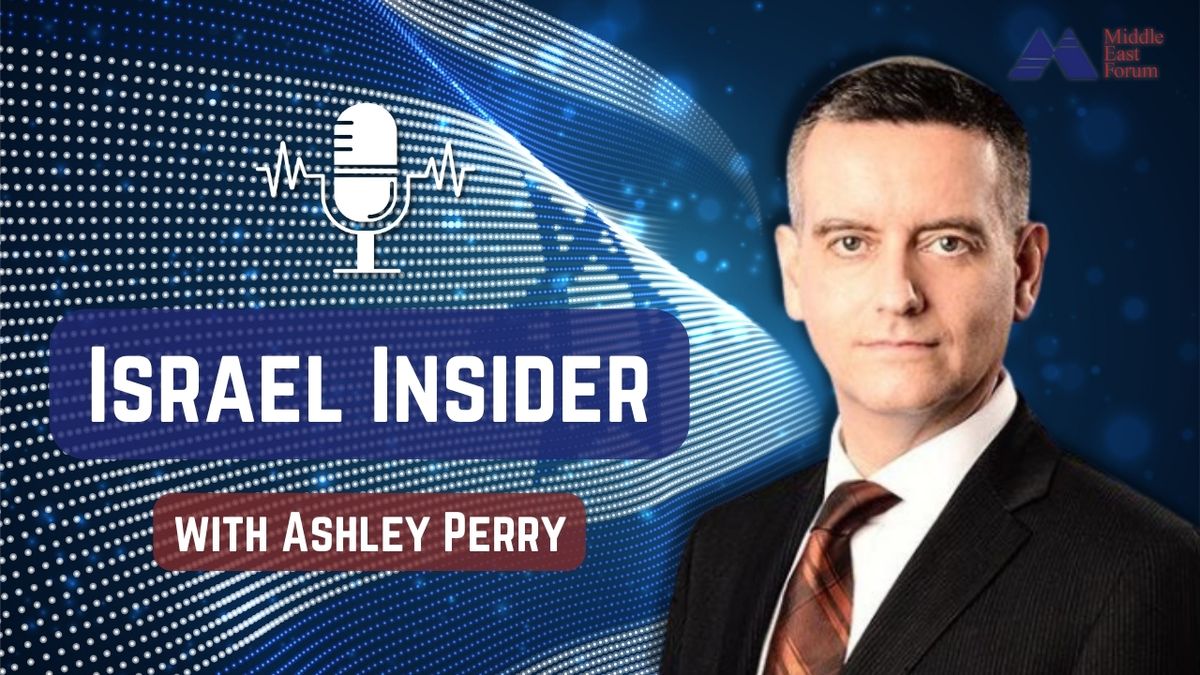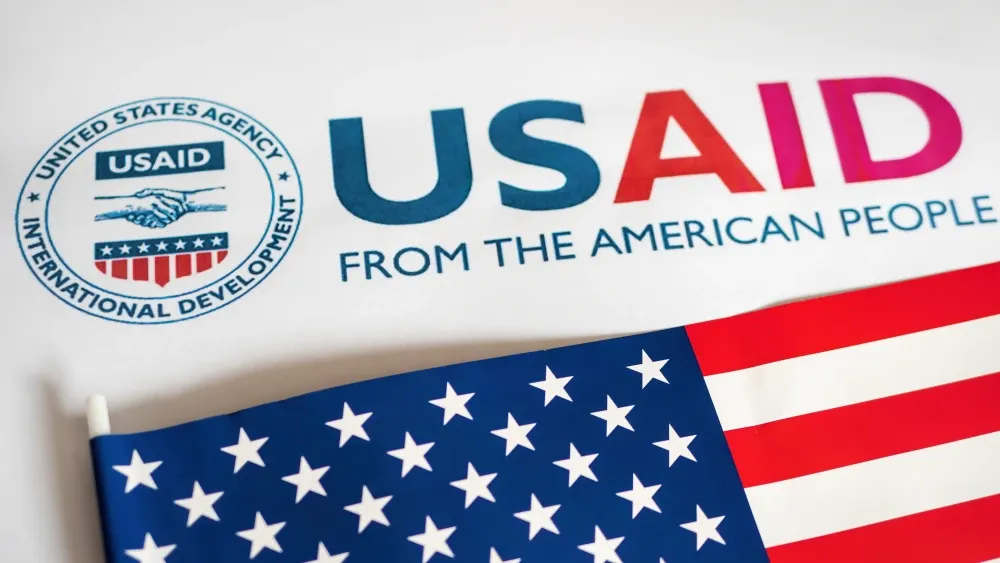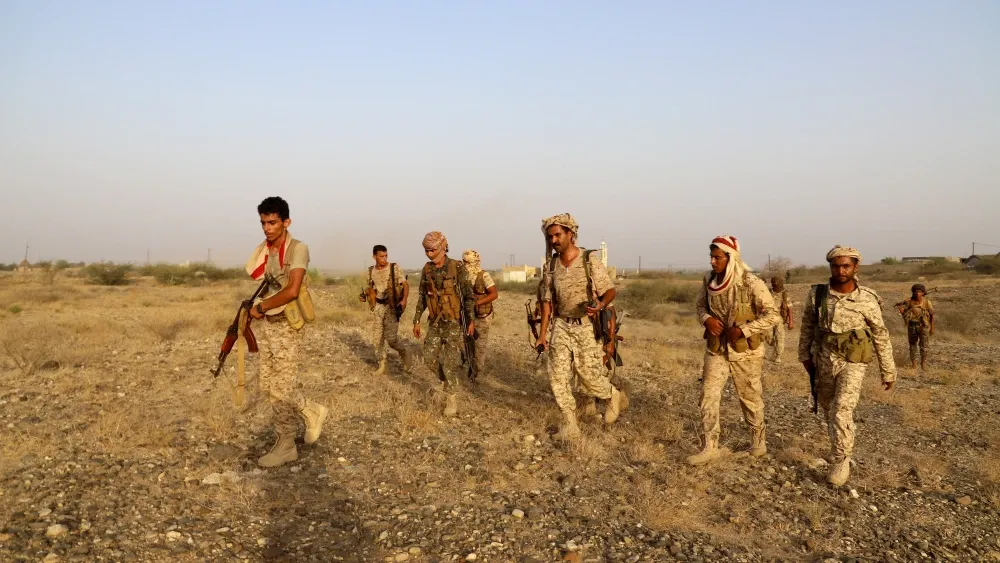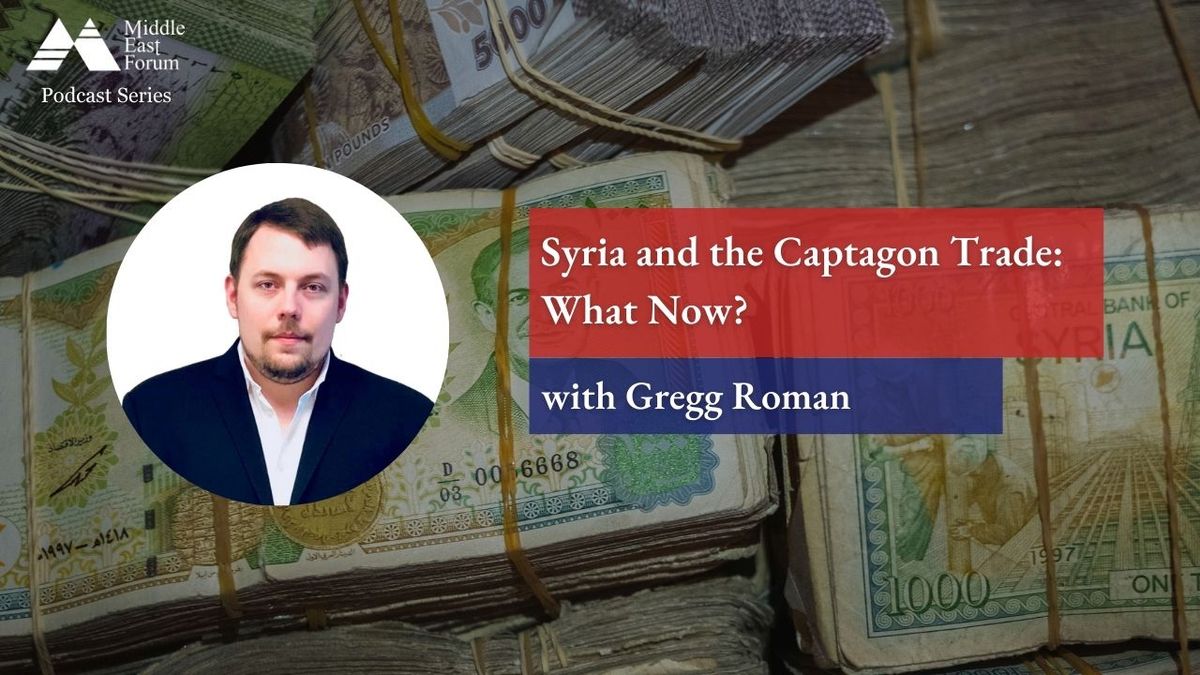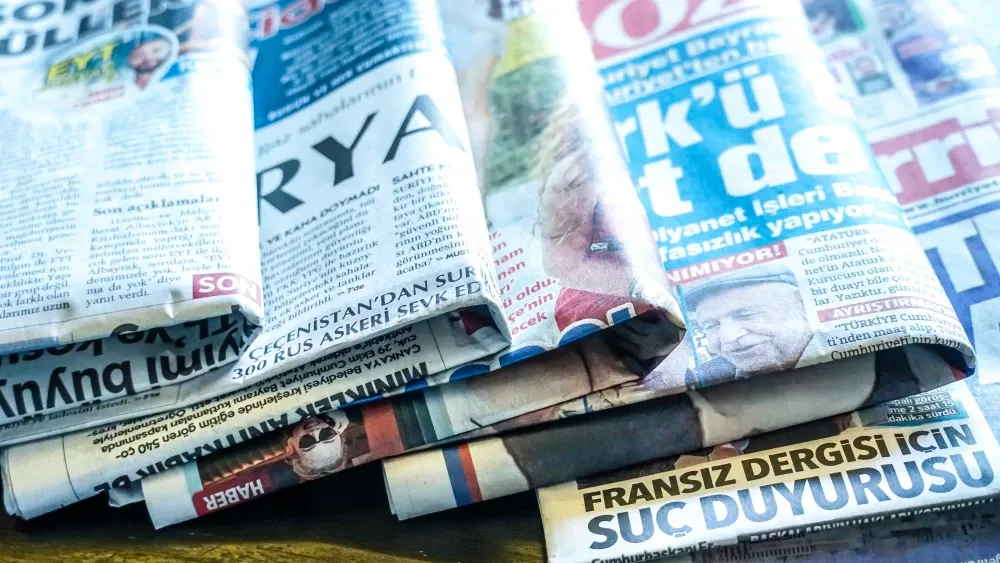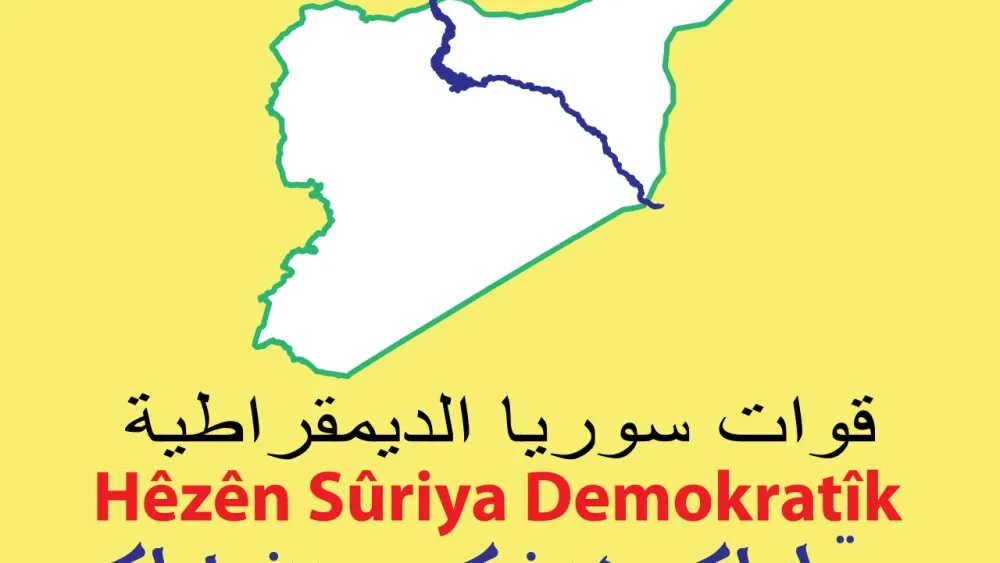| ||
 | ||
| MEF Dispatch: Ending Extremist Funding, Beyond Blinken, and Rebuilding U.S. Credibility By Winfield Myers ● Jan 22, 2025 Smart Brevity® count: 6 mins...1556 words Today we continue our analyses of the second Trump administration by, first, arguing that the announced suspension of foreign aid for 90 days marks an excellent opportunity to end once and for all the years-long use of U.S. taxpayer dollars to fund violent extremists and their supporters via the U.S. Agency for International Development. Next, we take stock former Secretary of State Antony Blinken’s performance in office—and find it sorely lacking on crucial points. We advise readers to “believe their lying eyes” instead of the media’s willful blindness in assessing the motivations of extremists committing violent acts. As for the ongoing Houthi menace, we see it as a threat to U.S. and Western credibility that must be eliminated. We next examine the aftermath of the Assad regime’s fall in Syria, beginning with the formerly underestimated spread of the dangerous drug Captagon throughout the Middle East from Syria, which Assad deliberately transformed into a “pharmaceutical narco-state.” In two articles, we assess the ongoing threat to Syria’s pro-Western, anti-ISIS Kurdish population, which hopes for continued U.S. support in order to fend off aggression by Turkey and its Sunni assets. Finally, we return to the aftermath of the ceasefire between Israel and Hamas, concluding that Hamas believed from the outset that Israel would choose its hostages over victory. | ||
ICYMI: January 22, 2025 | Israel Insider with Ashley PerryHow far will parties carry out the Trump-enforced Hamas-Israel ceasefire? What are the larger implications of this deal for Netanyahu’s government, for Hamas, and for Israel? Ashley Perry is an advisor to the Middle East Forum’s Israel office. He served as adviser to Israel's minister of foreign affairs and deputy prime minister in 2009-15, and has also worked with Israel's Ministers of Intelligence, Agriculture and Rural Development, Energy, Water and Infrastructure, Defense, Tourism, Internal Security, and Immigrant Absorption and as an advisor to The Negev Forum. Originally from the U.K., he moved to Israel in 2001. He holds a B.A. from University College London and an M.A. from Reichman University (IDC Herzliya). To watch the full podcast episode, click here. | ||
Trump’s Foreign Aid Suspension: A Good First Step to Disrupt USAID’s Terror FinancePresident Trump has temporarily halted U.S. foreign aid programs, marking a significant opportunity in addressing concerns over USAID's funding of radical Islamist groups. Why it matters: USAID has faced criticism for channeling taxpayer money to organizations with ties to violent extremists, undermining U.S. security. Immediate effect: The suspension offers a chance to reassess aid distribution and align it with American interests and values.
A history of controversy: Investigations have uncovered millions in USAID grants flowing to Islamist-linked charities, including those associated with Hamas and Al-Qaeda.
Next steps: The Trump administration plans to increase transparency and ensure no funds reach groups that are linked to designated terrorists.
To read the full article, click here. | ||
Good Riddance, Antony BlinkenAntony Blinken's tenure as Secretary of State is marked by ineffective foreign policy initiatives and diminished U.S. influence globally. Why it matters: Under Blinken's leadership, the U.S. failed to gain respect or fear internationally, adversely affecting America's geopolitical stance. Blinken's diplomatic missteps: His initiatives, such as the Global Music Diplomacy Initiative, were seen as trivial and ineffective.
Legacy of ineffectiveness: Blinken's diplomatic efforts lacked tangible results, often criticized as mere "process achievements."
To read the full article, click here. | ||
Putting (Supposedly ‘Non-Muslim’) Migrant Terrorists to the Duck TestThe media's portrayal of migrant attackers often contradicts their apparent motives and actions, raising questions about identity and intent. Why it matters: Misidentifying attackers obscures the reality of jihadist threats and misguides public perception and policy. Case in point: Recent stabbings in Europe by individuals initially labeled as non-Muslims later revealed their jihadist ties.
Deception as strategy: Islamist ideology permits deception to advance its goals, further complicating the identification of threats.
To read the full article, click here. | ||
Eliminating the Houthi Threat Is Imperative for U.S. PolicyThe Houthi insurgency in Yemen poses a significant challenge to regional stability and global commerce, demanding a recalibrated U.S. strategy. Why it matters: Houthi attacks on shipping routes in the Red Sea threaten international trade, while their actions further Iranian ambitions in the Middle East. Strategic imperatives: U.S. policy should focus on military action, diplomatic coordination, and economic disruption to neutralize the Houthi threat.
Building coalitions: The U.S. must lead a global effort involving Gulf Cooperation Council (GCC) states, European allies, and Asian partners to align against the Houthis.
To read the full article, click here. | ||
WATCH: Gregg Roman on Syria and the Captagon Trade – What Now?With the fall of Assad, the extent of Captagon's influence across the Middle East and Europe has become clear, posing a number of challenges for the new Syrian government. Why it matters: Captagon's trade, deeply intertwined with state mechanisms, has significant implications for regional stability, economic recovery, and the future of Syria under its new government. Assad's narco-state: Under Assad, Syria industrialized Captagon production, integrating it into military and state operations, making it a major revenue source.
Post-Assad challenges: Syria's new government faces the task of dismantling the Captagon trade while providing alternative economic opportunities for those involved.
To watch the full podcast episode, click here. | ||
Turkey’s Propaganda Campaign to Tar Syrian Kurds as Iranian AlliesTurkey is actively disseminating misinformation to portray Syrian Kurds as Iranian allies in an attempt to sway U.S. and Israeli policies. Why it matters: Unverified reports can undermine the credibility of the Syrian Democratic Forces (SDF) and skew international perceptions. Turkish disinformation: Turkish media outlets, aligned with Erdoğan, are spreading false narratives about Iran supplying drones to the SDF.
Media responsibility: Critical assessment of Turkish reports is crucial to prevent manipulation.
To read the full article, click here. | ||
Syrian Kurds Look for Continued U.S. Support Under TrumpAs President Trump begins his second term, the Kurdish-led Syrian Democratic Forces (SDF) hope for continued U.S. support in their fight against Islamic State. Why it matters: The SDF has been a crucial U.S. ally in combating the Islamic State, and their stability is vital for regional security. Current tensions: The SDF faces pressure from new Syrian authorities and Turkey, with military clashes ongoing in northern Syria.
Strategic importance: Experts argue that the SDF serves as a crucial buffer against extremist control in Syria.
To read the full article, click here. | ||
Hamas Has Exploited Israel’s WeaknessesHamas has capitalized on Israel's prioritization of hostages over victory, leveraging this focus to maintain its rule over Gaza. Why it matters: The recent hostage exchange marks a strategic gain for Hamas, reinforcing their position in Gaza, allowing them to re-arm, and encouraging future attacks. Strategic implications: Israel's decision to exchange hostages for Hamas's survival sends a signal of vulnerability to its enemies.
Cultural dynamics: While Israeli solidarity and mutual concern are strengths, they also present exploitable weaknesses in prolonged conflicts.
To read the full article, click here. | ||
Further Reading:
| ||
| New administrations present new opportunities—and risks—and our analyses will take both into consideration as we move forward. We’ll also continue to assess developments throughout the Middle East and beyond that affect the security and well-being of America and its allies. Look for another issue of the Dispatch soon. | ||
| Was this edition useful? Your responses are anonymous | ||
| Powered by | ||
| ||

